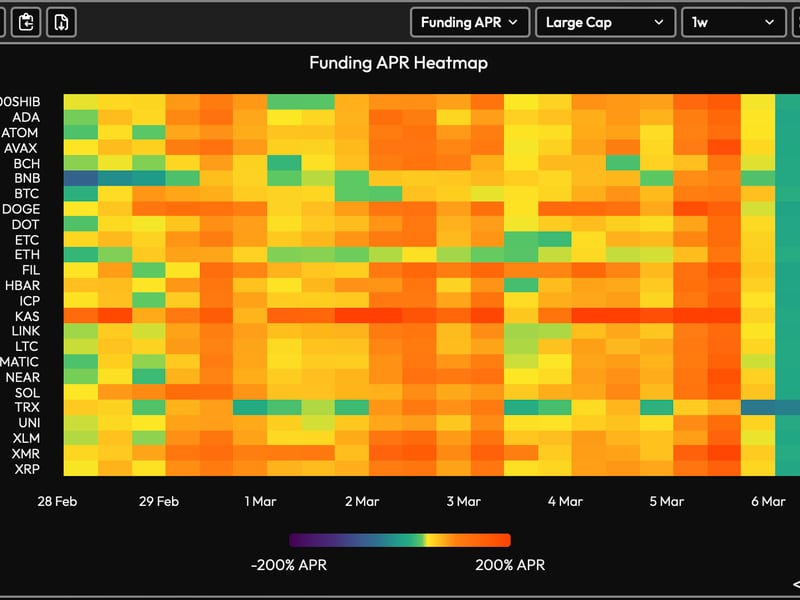Coinbase Just Paid a $30K Bounty for the Discovery of Critical Bug

San Francisco-based cryptocurrency exchange desk Coinbase has just forked out a $30,000 bounty to the finder of a critical bug in its systems.
As reported by The Next Web, the bounty is the latest to be posted on vulnerability coordination and bug bounty platform HackerOne. Previously a large number of smaller bounties, mostly in the range of $100–$1,000, have been paid out, but on Feb. 12 what appears to be the largest bounty on the site so far was logged.
TNW’s Hard Fork said Coinbase had confirmed that the vulnerability has since been fixed, but would not provide specific details of the issue.
Based on the severity of the code flaw found, Coinbase offers rewards in four tiers: $200 (low), $2,000 (medium), $15,000 (high) and $50,000 (critical). Tuesday’s bounty appears to sit somewhere between high and critical as a result.
Coinbase states on the HackerOne website:
“The Bug Bounty Program directly serves Coinbase’s mission by helping us be the most trusted way to use digital currency. In that spirit, the scope and philosophy of the program aim to safeguard two highest priority assets (“Sensitive Data”): Digital and fiat currency balances [and] customer information.”
The program allows the public to report for rewards on “all software vulnerabilities in services provided by Coinbase,” it adds. The exchange grants bounties based on severity of the bug found, judging severity by two factors: impact and exploitability.
With crypto companies and protocols under constant attack from increasingly sophisticated hackers, finding bugs in systems is a critical endeavor.
Ethereum bug bounty websites like Gitcoin and Bounties Network have seen increased use of late, and the growing opportunity for rewards via white hack hacking success is even proving to be a way out of poverty, according to a CoinDesk report from last year.
No web service using crypto is immune from the threat of hacks and even dark markets have been offering bounties to those that find provable code errors with potential impact.
Checking code image via Shutterstock









